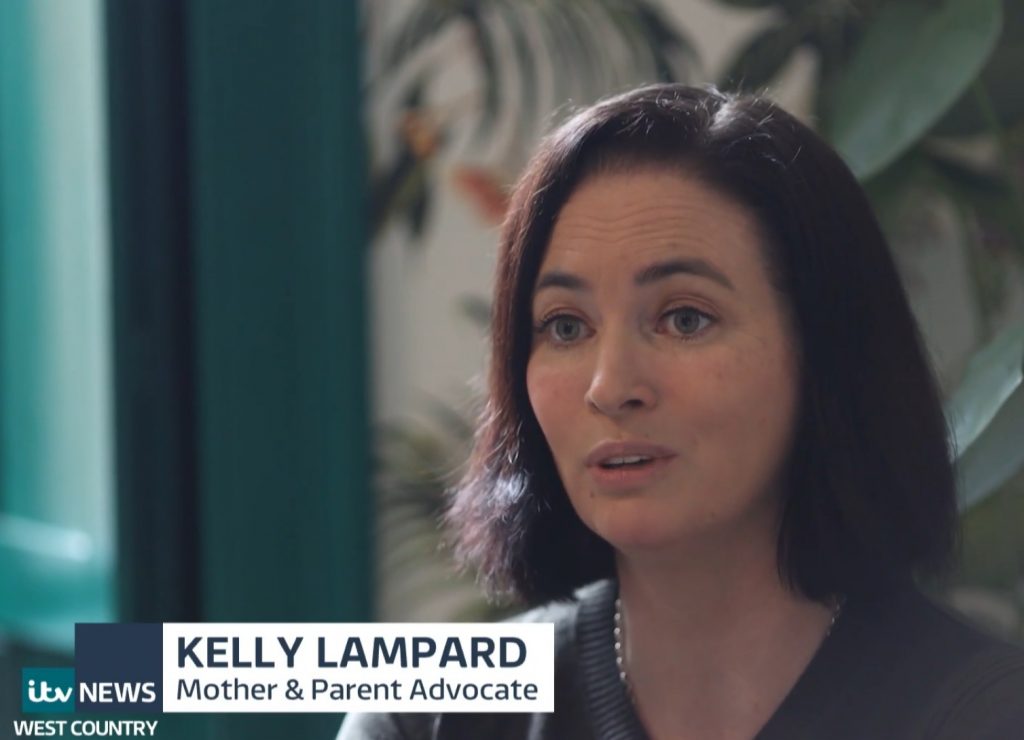A helping hand
The breakdown of a relationship often triggers a range of intense emotions – from confusion and uncertainty, to sadness and fear. We’ve been there, and we know that navigating the legal side of divorce at the same time can seem complex and overwhelming.
The team at Bath Family Law have experience both personally and professionally and can offer you practical, expert support as well as empathy and understanding. So you feel informed and empowered to make the best decisions and provisions for you (and your family) moving forward.
Whether you need ad hoc advice, or a helping hand throughout the entire divorce process, we can guide you through the steps necessary to end your marriage and start the next chapter of your life. Our bespoke advice is tailored to your individual needs and circumstances and covers everything from the new no-fault divorce laws, to splitting Finances and making Child Arrangements.
Ms H
Frequently asked questions
In a no-fault divorce neither spouse is blamed for the breakdown of the marriage. Introduced in England and Wales under the Divorce, Dissolution and Separation Act 2020, it came into effect on 6 April 2022.
Under this system you no longer need to prove adultery, unreasonable behaviour, or separation. Either one or both partners simply state that the marriage has irretrievably broken down. This removes unnecessary conflict and helps promote a more cooperative approach – especially important when children are involved.
You can apply for a no-fault divorce online or by post, and our team can help you understand the steps, complete forms correctly, and support you throughout the process. After your initial divorce petition, you will enter a 20-week waiting period. You can then apply for your Conditional Order (formally known as the Decree Nisi) and financial arrangements can then be brought to court. After a minimum of 6 weeks and 1 day after achieving your Conditional Order (but usually after finances have been finalised), you can apply for your Final Order (formerly known as Decree Absolute) to sever legal ties to your former spouse.
A divorce will take a minimum of 28 weeks (6+ months) to complete due to the court imposing a 20 week wait between your application and Conditional Order, and a further 6 weeks between your Conditional Order and Final Order.
When considering a divorce, you may also need to factor in response time for your former spouse, and court processing times. Your waiting time does not need to be unproductive as you can use this to try and organise child or financial arrangements.
Not usually. Most no-fault divorces are handled entirely online or via post, without a court hearing. You only need to attend court if:
- There are disputes over Child Arrangements
- There are financial matters that require a court order
- One party contests aspects of the process (very rare in no-fault divorces).
If court attendance becomes necessary, we can help you prepare, guide you through the process, and support you at hearings.
Yes, but you will need to take extra steps to show the court that you’ve tried to locate them (for example, checking with family/friends, social media, or using a tracing service). You will then need to apply to the court for permission to serve the divorce papers by alternative means (such as email, social media, or publishing a notice) or for dispensation of service if all other attempts fail.
If you don’t know where your spouse is, we can assist you with gathering the necessary evidence and preparing the right application. If you know where your spouse is but they are evading service, we are experienced in using process servers to locate and serve the documents on your spouse directly.
Yes, you can apply for a divorce in England and Wales if you were married abroad – as long as your marriage is legally recognised in the country where it took place and you meet certain jurisdiction criteria. These usually include:
- You or your spouse are habitually resident or domiciled in England or Wales
- Your marriage was legally valid under the laws of the country in which it occurred
- You can provide a marriage certificate (with an official English translation if needed).
Our team can help you assess your eligibility, prepare your application, and manage any complexities related to foreign marriage documents or jurisdiction.














